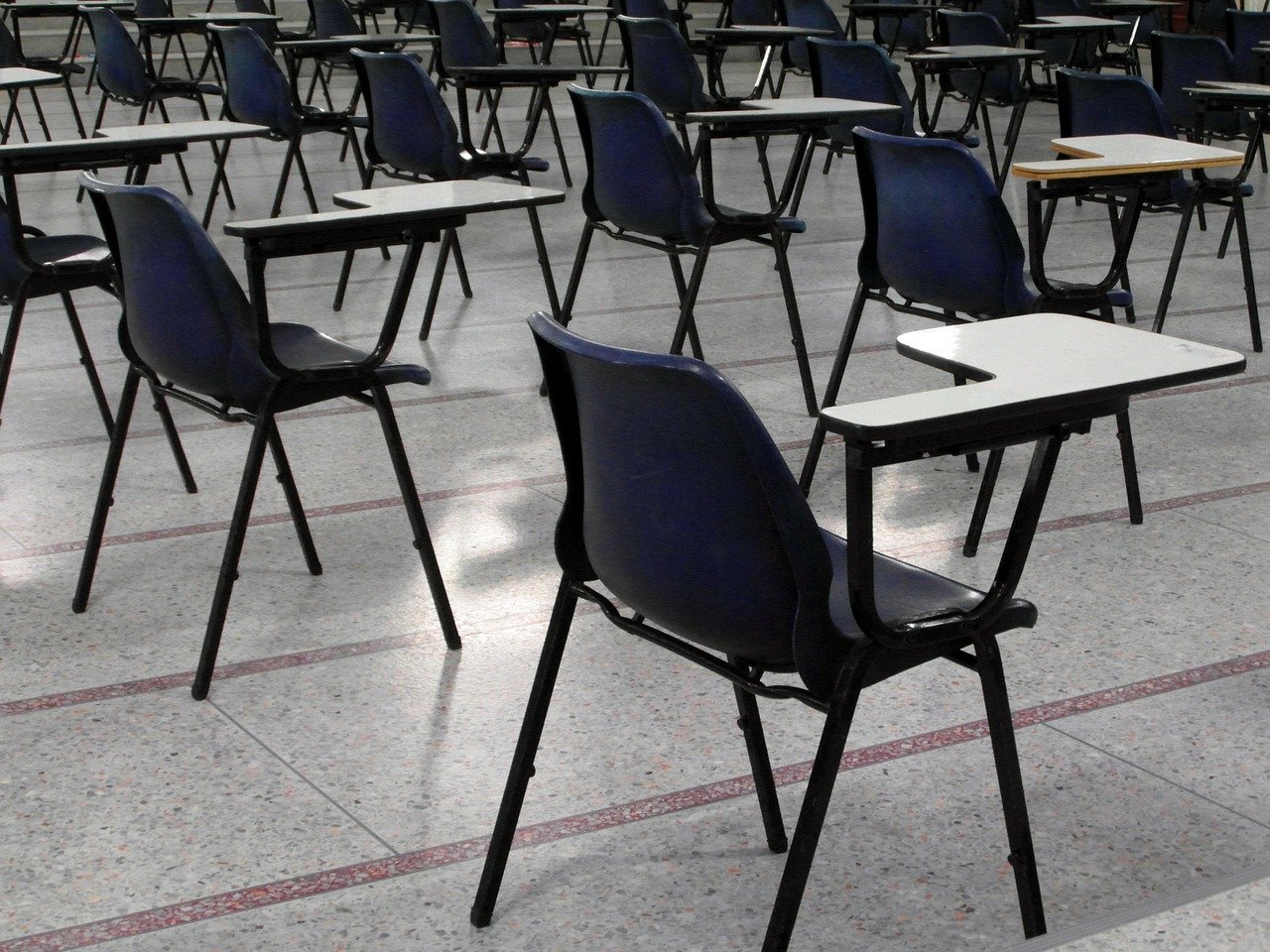National
Many parents don’t know when kids are behind in school. Are report cards telling enough?

Nearly nine out of 10 parents believe their child is performing at grade level despite standardized tests showing far fewer students are on track, according to a poll released Wednesday by Gallup and the nonprofit Learning Heroes.
Report cards, which many parents rely on for a sense of their children’s progress, might be missing the whole picture, researchers say. Without that knowledge, parents may not seek opportunities for extra support for their children.
“Grades are the holy grail,” said Bibb Hubbard, founder and president of Learning Heroes. “They’re the number one indicator that parents turn to to understand that their child is on grade level, yet a grade does not equal grade-level mastery. But nobody’s told parents that.”
In the Gallup survey, 88% of parents say their child is on grade level in reading, and 89% of parents believe their child is on grade level in math. But in a federal survey, school officials said half of all U.S. students started last school year behind grade level in at least one subject.
In a report examining grade point averages and test scores in the state of Washington over the past decade, researchers found grades jumped during the COVID-19 pandemic. Many districts had eased their grading policies to account for the chaos and hardship students were experiencing.
Some of that leniency could still be in place, masking gaps in learning that are showing up in standardized tests, but not in grades, said Dan Goldhaber, a co-author of the report and the director of the Center for Analysis of Longitudinal Data in Education Research.
Districts across the U.S. have invested federal pandemic relief money in programs to get students back on track academically, from intensive tutoring to summer academic programs. But often far fewer students show up than the district had planned, Goldhaber said.
For programs like summer school or online tutoring, where the family chooses whether to participate, “what we see is that it’s only a fraction of the students that are invited or eligible to that are actually participating,” he said.
The Gallup poll findings underscore that trend, pointing to families who may not realize they should take action about their child’s academic performance.
In the poll of more than 2,000 parents of K-12 students, half the respondents say they’ve discussed their child’s academic progress with a teacher. But among parents who know their child is behind grade level in math, the percentage skyrockets: 74% have spoken with the teacher.
Report cards generally don’t convey enough information, said Sarah Carpenter, director of The Memphis Lift, a parent advocacy organization in Tennessee.
“A report card is really tricky in our opinion, because you’re just looking at A’s and B’s and C’s,” Carpenter said. Nowhere on the report card does it say “what reading level your baby’s on, and that’s what’s throwing parents for a loop.”
By talking to parents about issues like literacy and the nuances of grading, families are better able to advocate for their children in the school system and work in partnership with educators, said Trenace Dorsey-Hollins, a parent and founder of the advocacy group Parent Shield Fort Worth in Texas.
“Knowledge is power,” she said. “Parents don’t know what they don’t know. So we don’t want them to blame themselves. But now that you have the information, use the information to demand better and ensure that your child and all children get exactly what they need.”

